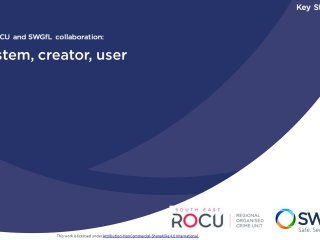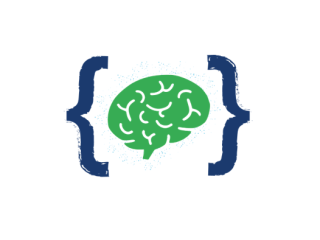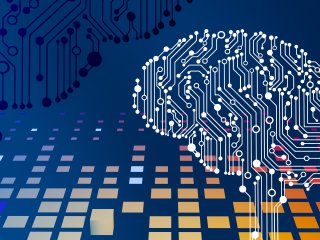Artificial Intelligence (AI) is changing the way we engage with technology. With AI constantly evolving and improving, it can be daunting to understand its strengths as well as its limitations. There are plenty of examples of AI out there with varying purposes, from chatbots to self-driving cars, and as such, the world of AI can be confusing to navigate at times.
This hub is there to guide you through various elements of AI. There’s articles and guidance around how it can support you, as well as awareness of its current limitations so you and your communities can enjoy the benefits of AI safely. As an introduction though, why not watch the below video?
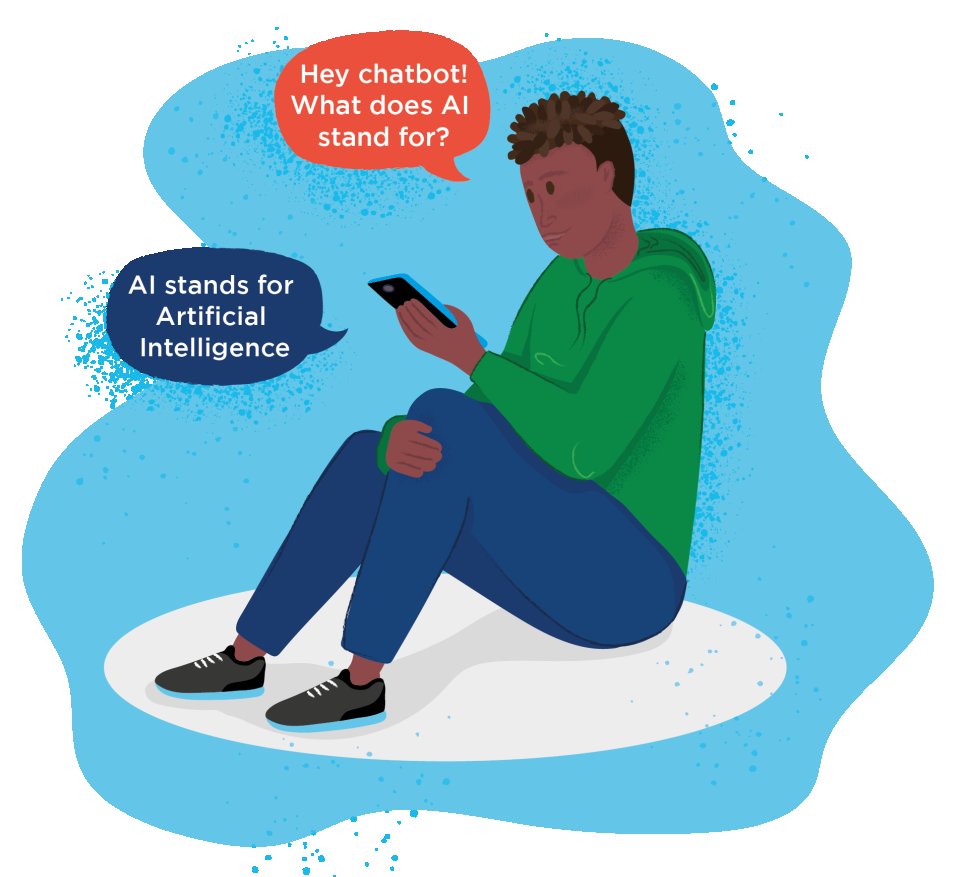

What is Artificial Intelligence?
Artificial Intelligence (AI) refers to the simulation of human intelligence processes by machines, especially computer systems. These processes include learning, reasoning, and self-correction. There are some really advanced AIs that can understand human speech, pictures, and even talk like a human. AI has been talked about a lot recently, but it was first introduced in the 1950’s as part of machine learning, where scientists created intelligent computers and robotics that could learn from humans to increase their ability and accuracy.
With AI being talked about more and more, people have become concerned about how it will work and impact our use of technology. As with a lot of new innovations though, it’s important that we don’t worry. AI works by using special rules and patterns, much like how our brain works. It learns from lots of data and makes decisions based on what it has learned. The more data it gets, the better it becomes at making decisions, just like humans get better with practice.
What is the Impact?
It might feel like AI is rapidly becoming part of our day-to-day lives as we begin to rely on it more and more. Many companies are also integrating new AI tools into their well-established services to support with efficiency. However, it’s important to understand that AI has been part of our technology for a long time. Think about your personal devices such as your phone, home assistants and computers, they all use forms of AI to help personalise their responses and results to you. Although it may seem new, AI has already made significant impact across the world for many years.
More recently, AI has been used more frequently and has been included across larger scale models to support with areas such as content creation and assistance. However, despite the innovative qualities and impressive use, there are still concerns about how we can safely navigate these spaces.
Benefits of Artificial Intelligence

Can provide tailored responses

Can process large amounts of information

Can support to develop ideas and knowledge

Provides quick and efficient responses
Artificial Intelligence in Schools
With so much potential available,  the use of AI tools in schools is consistently being debated. In March 2023, the Department for Education released a statement around the use of ‘Generative Artificial Intelligence’ and signposted towards the Joint Council of Qualifications to guide teachers in how to manage AI use in assessing work. While there is a white paper in motion for how the Government will regulate AI, schools may be taking their own approaches towards uses and restrictions. Needless to say, as the world is still adapting to AI, schools must be prepared for evolution and change.
the use of AI tools in schools is consistently being debated. In March 2023, the Department for Education released a statement around the use of ‘Generative Artificial Intelligence’ and signposted towards the Joint Council of Qualifications to guide teachers in how to manage AI use in assessing work. While there is a white paper in motion for how the Government will regulate AI, schools may be taking their own approaches towards uses and restrictions. Needless to say, as the world is still adapting to AI, schools must be prepared for evolution and change.
Considerations/ Limitations of Artificial Intelligence

Responses may be harmful, biased or inaccurate

Information requires research and appropriate checks
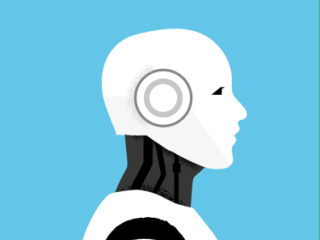
Is evolving rapidly – new challenges will surface
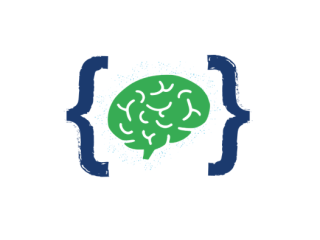
Current gaps within safeguarding and regulation
Three FREE lessons about Artificial Intelligence in partnership with SEROCU (South East Regional Organised Crime Unit)
Download free lesson activity plans and accompanying PowerPoint slides, to support understanding of AI technology, across Key Stages Two, Three and Four.




